Erectile dysfunction (ED) affects around thirty percent of adult males, rising to over fifty percent in men over the age of fifty. For some men, it’s an occasional problem, in which they can’t achieve or sustain a full erection through to orgasm. In many cases, it has become a chronic condition that profoundly affects their emotional and relational well-being.
There are many contributory factors leading to ED. In this short article, we are trying to explain both the leading causes, and to rule out some of the more popular myths and misconceptions. In the end, we are trying to point people who suffer from this very common complaint towards a path on which they can both avoid the most common causes, and direct themselves towards the known positive steps, which include avoiding substances, medications and behavior that creates ED, and to identify ways and medications that can fix this pervasive problem.
Testosterone is the “male hormone” that plays the greatest role in making you a man, with all the associated features like body and facial hair, a deeper voice, stronger body build and larger frames. It also is the most important single chemical in determining the production of sperm. Low levels of testosterone (referred to as hypogonadism) profoundly affect every aspect of a man’s daily life, not only sexual performance.
Testosterone is normally produced in the deepest stage of sleep, known as rapid eye movement (REM) sleep. Not getting the right kind of sleep – for example, people who work on night shifts and sleep during the day – can have an impact on testosterone levels and thus on sexual function,
Along with all these physical effects, testosterone also has important influences on a man’s mental and emotional state – what’s most commonly referred to as libido.
Some of the causes of ED
Sleep disorders
Experiencing difficulty in falling asleep, and staying asleep or being unable to fall back to sleep, can lead to low libido and ED. Some simple sleep disorders, including insomnia and sleep apnea, may be contributing to ED in two ways. On the one hand, general depletion of your body’s well-being through sleep disruption can had the direct effect of lowering your libido, leading to a reduced sex drive. Research between 2009 and 2021 covering 190 million men between the ages of 40 to 70 found that insomnia, sleep apnea, and circadian rhythm sleep disorder were associated with reductions in testosterone production. Men experiencing sleep deprivation and sleep apnea show higher levels of hypogonadism, in which the testicles are not producing sufficient testosterone to promote a strong sex drive and a full and sustained erection.
There are simple ways to keep testosterone levels at the required peak if you are suffering from any of the side effects caused by sleep disorders. Androforte 2% and 5% testosterone cream is a bioidentical, pharmaceutical-grade hormone cream designed to target low testosterone levels in men.
Some external factors can affect sleep patterns. Most notable are caffeine and alcohol consumption late at night (or just before going to bed, regardless of the time). In any case, the interruption to sleep patterns will affect testosterone levels and the libido, both of which can lead to ED.
Side effects of medications
According to information presented at the 2022 annual conference of the American Urological Association, many commonly prescribed medications may contribute to ED and reduce libido.
Researchers used the FDA’s Adverse Event Reporting System (FAERS) to analyze data for the decade leading up to 2020 in order to identify the medications with the highest frequency of ED adverse events.
The top five drugs with ED as a side effect were:
| Proprietary name (generic name) | Usage |
| Propecia (finasteride) | used to shrink an enlarged prostate and to treat male pattern hair loss |
| Avodart (dutasteride) | used to shrink an enlarged prostate and to treat male pattern hair loss |
| Norvasc (amlodipine) | treats high blood pressure and chest pain |
| Celexa (citalopram) | antidepressant |
| Invega (paliperidone) | treats schizophrenia and schizoaffective disorder |
Treatment for ischemic heart diseases
In a recent Danish study covering nearly 250,000 men between the ages of 30 to 85 with ischemic heart disease, researchers found that the rate at which men reported ED problems increased tenfold among the ones who were also prescribed some medication for the cardiac condition. Furthermore, prescriptions for ED medications increased twenty times for those on nitrates.
Important: You should always consult with your specialist physician before making any decision to take ED medication if you are under any form of treatment for an ischemic heart condition.
